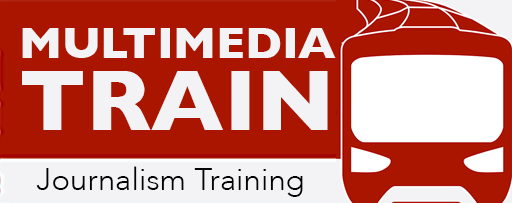[headline]Importing[/headline]
This section takes you through the first part of our essential Lightroom workflow. This suggested workflow is simple yet professional. You’ll archive your images, add meta data, select, retouch and export in a 4-step workflow.
Before diving into this section to ingest and retouch your photos make sure you’ve read the photo editing introduction section which gives you an overview of the Lightroom concept and some tips on organising your image archive.
[tabgroup]
[/tabgroup][headline]Selecting[/headline]
[tabgroup]
[/tabgroup][headline]Image adjustments[/headline]
[tabgroup]
[/tabgroup]Image manipulation: ethics
Image manipulations for photojournalism requires strict standards, small simple adjustments like colour and contrast are tolerated, more serious image manipulation is not and photographers have been fired for altering the content of images. The Society of Professional Journalists code of ethics and the National Press Photographers Association Code of Ethics are both worth checking out if you need guidance.
[headline]Exporting[/headline]
[tabgroup]
[/tabgroup]Photo captions
Efficient and ethical captions are crucial part of the photojournalists job. Captions are one of the first thing that viewers see, they need to frame pictures accurately, comprehensively and concisely. The international Journalists Network have some great guidelines on writing photo captions.
[notice title=”Continue to the next section:”]Audio: Introduction[/notice]

Recent Comments